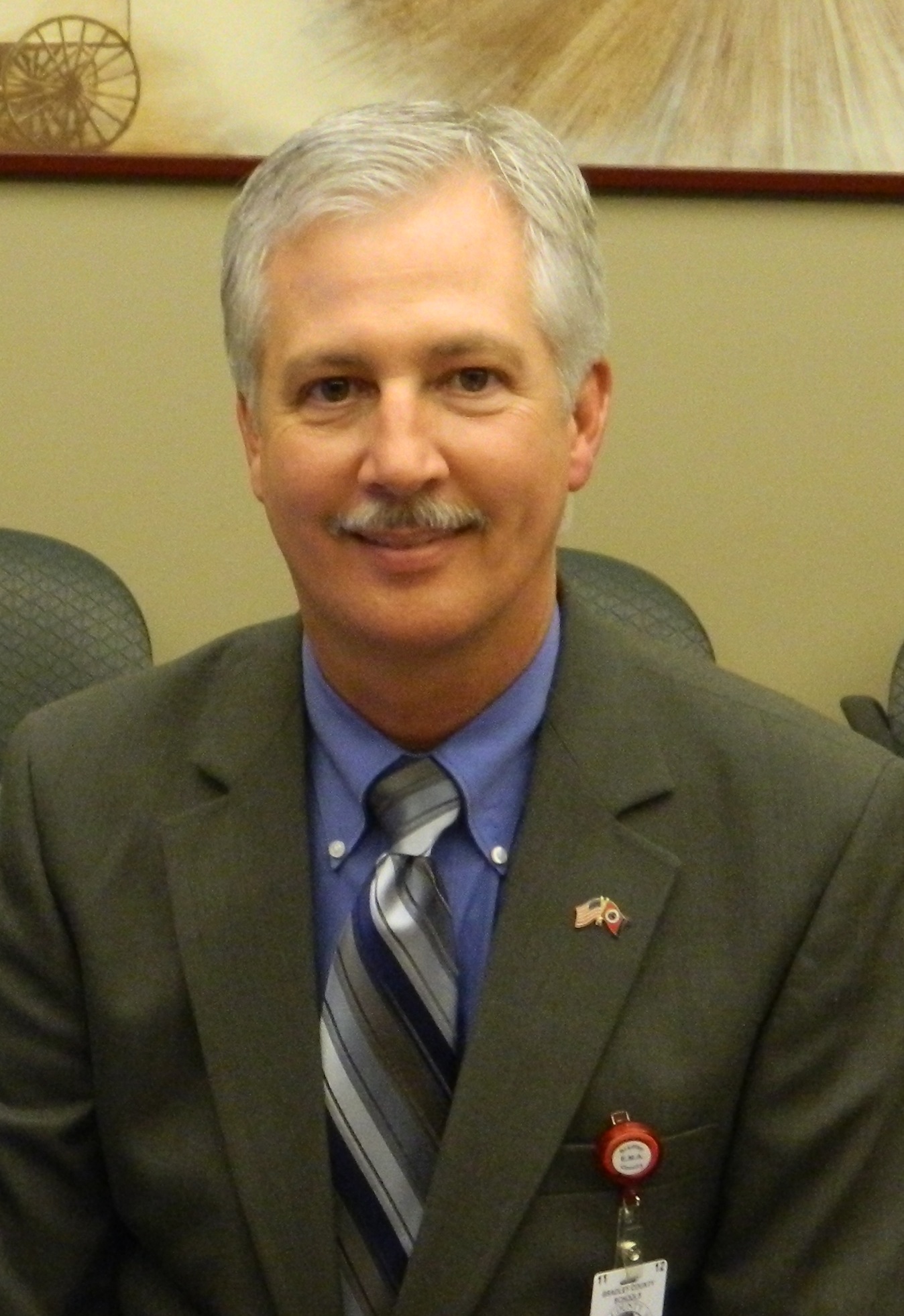VIDEO
This story is featured in today's TimesFreePress newscast.
Bradley County may become one of the first school systems in Tennessee to allow some teachers to arm themselves in the classroom.
Legislation passed this spring allows certain school employees to carry concealed weapons beginning July 1. They must have a handgun carry permit, complete a 40-hour school policing course and have the superintendent's permission.
The policy isn't mandatory but leaves discretion up to local superintendents.
Tennessee's law was written in response to the December school shooting in Newtown, Conn. In the six months since 20 students and six adults were gunned down at Sandy Hook Elementary School, some 500 proposed school safety bills have floated around state legislatures across the country, according to the National Conference of State Legislatures.
Tennessee was among about a half-dozen states that opened the door to allowing more people to carry weapons in schools.
So far, few Tennessee districts are interested in giving guns to teachers, though the new law -- the School Security Act of 2013 -- is finding support in Bradley County.
And that's no surprise because the legislation was practically designed for systems like Bradley County.
Superintendent Johnny McDaniel said certain questions will have to be answered before letting staff members pack heat -- like how the move would affect insurance rates. But he said many teachers and parents support the idea of providing security backup at the county's 17 schools.
McDaniel often has pointed to Bradley Central High Principal Todd Shoemaker, a former law enforcement officer, as an apt and willing candidate to carry a weapon at school.
"For some parents, knowing there's extra protection at the school is a comfort," McDaniel said. "And among staff there's really strong support."
But as in the rest of the state, the idea will find some foes in Bradley County.
"I think having one officer who is trained to handle crisis situations is better than having 20 armed teachers," said parent Bill Pickel. "Those teachers don't have the same kind of training, and it's not fair to expect them to be heroes."
By Friday, the Tennessee School Boards Association had heard of no districts interested in allowing teachers to carry firearms, though some are exploring hiring retired law enforcement officers.
Many school officials across Southeast Tennessee, including Hamilton County, share the sentiment that teachers and law enforcement hold distinct roles and that a situation could go terribly wrong should teachers try to wear both hats.
"We feel like a teacher's job is to teach and an SRO or a sheriff's deputy's job is to protect and serve," said Warren County Schools Director Bobby Cox. "We just didn't want to put teachers in that position."
Instead, systems like Warren's are spending the summer upgrading physical security features. The county will spend about $80,000 adding security cameras, magnetic doors and keyless entry systems to the entrances of its 11 schools.
"Schools are meant to be welcoming, but secure as well," Cox said. "And I think we're taking the proper precautions to do both."
Many area school systems have some local law enforcement presence, usually through school resource officers. Those officers build relationships with students, police the hallways and can respond quickly to emergencies such as an armed intruder.
"I think it's best to have more experience and someone with a law enforcement background as opposed to just 40 hours of training," said Marion County Schools Superintendent Mark Griffith.
The 4,200-student system has no SROs, though Griffith said many principals have asked for them.
And so long as school resource officers are in place, Cleveland City Schools Superintendent Martin Ringstaff said he sees no reason to arm teachers or administrators.
"I don't know how I'd feel if we didn't have school resource officers," he said. "I might be in favor of the law."
But he said armed staff could create complications. Law enforcement officers know SROs and easily can see the weapons on their waists. But confusion could reign if police responded to a school where staff carried concealed weapons, Ringstaff said. A teacher holstering a weapon during an emergency could be mistaken for an intruder.
Plus, arming teachers could shift a school's focus away from education, Ringstaff said.
Sequatchie County, Tenn., Superintendent Johnny Cordell said teachers largely don't want to carry guns at school.
"Honestly, I have not talked to one superintendent that believes arming teachers is the way to go," he said.
If it decides to allow certain staff members to carry weapons, Bradley County likely will use those with former police or military experience. They are found mostly at the high school level, so the superintendent doesn't expect to see teachers at elementary or middle schools carrying weapons anytime soon.
But arming teachers isn't the only way to go.
Rep. Eric Watson, who wrote the bill, said school systems also can hire additional security officers, such as retired law enforcement.
"It's kind of a twofold bill," said Watson, R-Cleveland.
He thinks more districts, especially those in remote areas, will begin looking at either option to beef up security.
With more options -- and about $34 million available from the state for school security upgrades statewide -- Watson said schools should take some steps to improve their protection.
"I'd hate to be a director of schools that turns down security for schools and then a terrible incident happens," he said.
Correspondent Paul Leach contributed to this story.
Contact staff writer Kevin Hardy at khardy@timesfree press.com or 423-757-6249.

